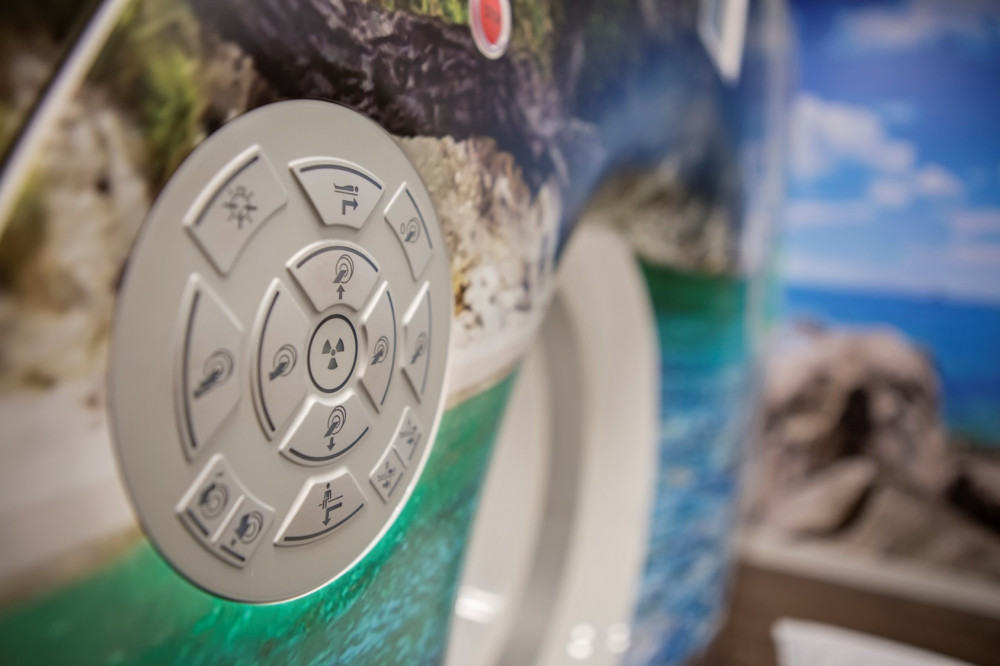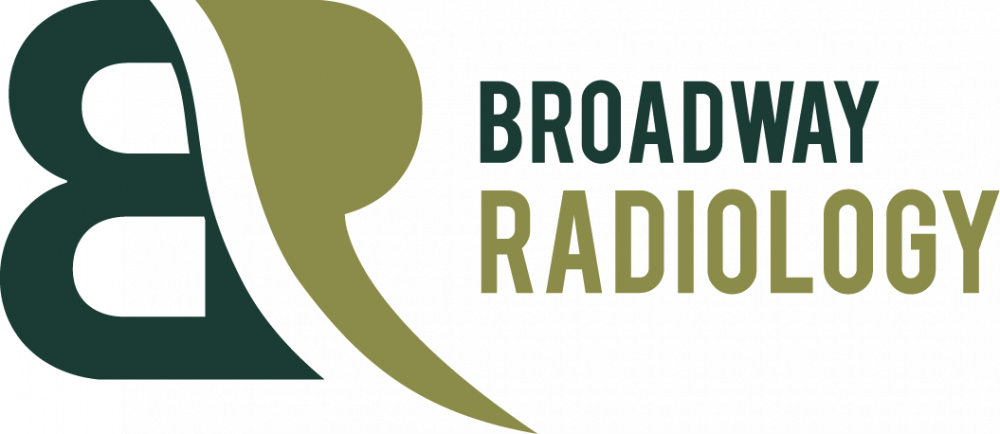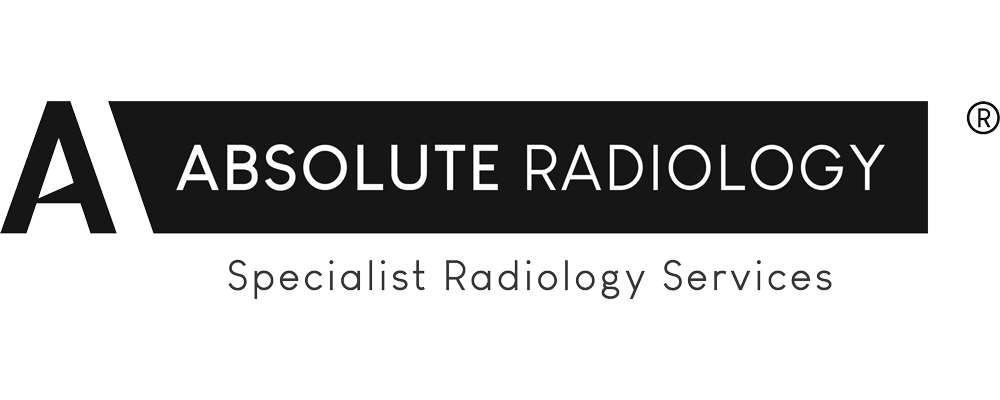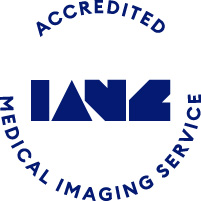A CT calcium score test is a specialized X-ray test using a CT Scanner that provides detailed pictures of your heart to enable the detection and measurement of calcium-containing plaque in the arteries of your heart (coronary arteries).
What is a CT Calcium Score Test?
A CT calcium score test is a specialized X-ray test using a CT Scanner that provides detailed pictures of your heart to enable the detection and measurement of calcium-containing plaque in the arteries of your heart (coronary arteries).
Plaque inside the arteries of your heart can grow and restrict or block the flow of blood to the muscle of the heart. The procedure can identify possible coronary artery disease before you have signs and symptoms. The outcome of the test may indicate the need for treatment such as medication or lifestyle changes to reduce the risk of heart attack or other heart problems.

Why Do I Need This Procedure?
Coronary artery disease results in damage to the arteries mainly due to plaque and inflammation. Plaque that deposits in and on the walls of coronary arteries can restrict the flow of oxygen-rich blood to the muscle of the heart. Plaque may also burst, triggering a blood clot that can cause a heart attack.
Plaque is composed of fats, cholesterol, calcium and other substances in the blood. Plaque deposits develop gradually over time, long before there are any signs or symptoms of disease. The imaging test provides an early look at calcium in the arteries. If there is calcium, then there is already some stiffening and narrowing of the artery (atherosclerosis).
A CT calcium score test is generally considered useful for people who have a known moderate risk of heart disease or when the risk is uncertain. There are different tools used for an initial risk assessment, but all of them use factors, such as your age, gender, blood pressure, cholesterol levels and tobacco use. In New Zealand, the six main factors that are deemed a risk are:
- a high total cholesterol and low ‘good’ cholesterol
- high blood pressure
- tobacco use
- diabetes
- advancing age
- male gender
Ultimately, a CT calcium score test should ONLY be undertaken to help assess cardiovascular risk in people who have no specific cardiovascular symptoms. If you have cardiovascular symptoms such as chest pain, shortness of breath and palpitations you should have a full assessment with a cardiologist and not just a calcium score test.
Pre Examination
We ask you to continue taking your usual medication and refrain from drinking alcohol or caffeine based drinks (coffee, tea, soft drinks, etc). You can eat as normal, so there is no need to fast at all.
Please ensure you bring all of your relevant paperwork in with you for the appointment, in particular your patient questionnaire.
Your Examination
When you arrive for the procedure, you will be asked to remove clothing above the waist and to wear a medical gown. You will also need to remove jewellery around your neck or near your chest. In order to make things easier for yourself, you might want to consider leaving your jewellery at home and wearing clothes that are easy to change in and out of.
Before the actual procedure begins, the technician will attach sensors, called electrodes, to your chest. These are attached to an electrocardiogram (ECG) which will record your heart activity during the exam and coordinate the timing of X-ray pictures between heartbeats, when the heart muscles are relaxed.
During the heart scan, you will lie on your back on a movable table. The table will slide you into the doughnut-shaped CT scanner. Your head will be outside the scanner the whole time. You may be given medication either by pill or injection to slow your heart rate to ensure clear images.
The technician will operate the scanner from a room next door and will be able to see you and communicate with you throughout the procedure. The technician will ask you to lie still and occasionally ask you to hold your breath for a few seconds while the X-ray images are taken. The machine will make clicking and whirring sounds, and the entire scan procedure should take 10 to 15 minutes.
Because your heart is constantly in motion while it beats, our doctor may give you a medication called a beta-blocker to slow your heart rate. This will allow an accurate assessment of the arteries of your heart. Some people have side effects from beta-blockers, such as shortness of breath or wheezing, and particularly in people with asthma or chronic obstructive pulmonary disease (COPD). Please let us know if you have had side effects from beta-blockers in the past.
Post Examination
After your procedure is completed, you can return to your normal daily activities. You should be able to drive yourself to work or home.
The result of the test is usually given as a number called an Agatston score. The score represents a combination of information that reflects the total area of calcium deposits and the density of the calcium. The score ranges between 0 and 1000 Agatston units.
A score of zero means no calcium is present in the heart and suggests a low likelihood to develop a heart attack in the future. When calcium is present, the higher the score, the higher the risk of of a heart attack in the long term.







